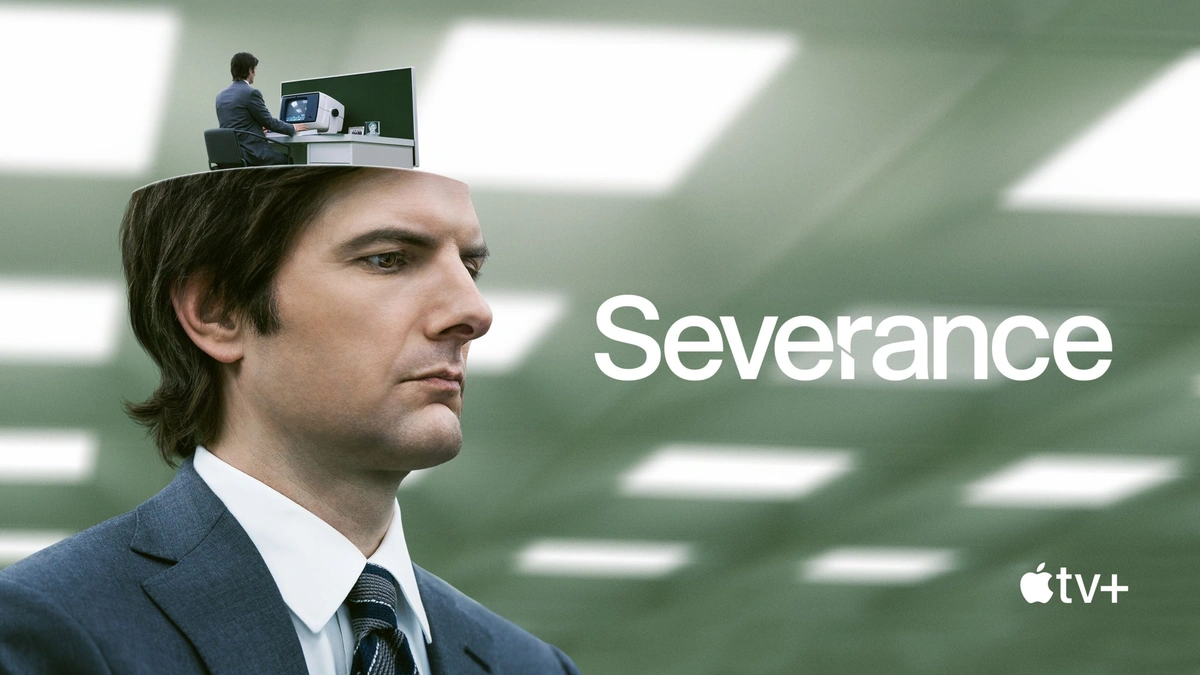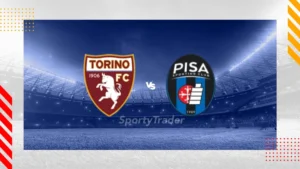The Hidden Truth About ‘Severance’ | More Than Just a TV Show
Okay, let’s be honest. When you first hear about ” Severance ,” it sounds like another quirky sci-fi show. But it’s so much more. What fascinates me is how deeply it resonates with our anxieties about work, identity, and purpose. This isn’t just entertainment; it’s a mirror reflecting our own fragmented lives. And that’s why it’s worth digging into.
The ‘Severance’ Concept | A Deeper Dive

At its core, ” Severance ” explores the extreme separation of work and personal life. Employees of Lumon Industries undergo a procedure that divides their memories, creating distinct “innie” and “outie” selves. The innie exists solely within the workplace, oblivious to their life outside, while the outie has no recollection of their work experience.
But here’s the thing: while the show is fictional, the underlying premise hits close to home. Many of us feel like we’re living two separate lives – the professional persona we project at work and the real us outside of it. The show takes this feeling to its logical, and terrifying, extreme.
Why does this matter? Because it forces us to confront the question of what we’re sacrificing in the name of work. Are we truly present in our lives, or are we just going through the motions, waiting for the workday to end? The show taps into a growing disillusionment with the relentless demands of modern work culture.
Work-Life Balance | A Severed Reality?
Let’s face it; the concept of work-life balance often feels like a myth. We’re constantly bombarded with messages about productivity, efficiency, and career advancement. The line between our professional and personal lives has blurred, thanks to smartphones, emails, and the ever-present pressure to be “always on.” I initially thought this was straightforward, but then I realized the nuance here. It’s not just about time management; it’s about mental and emotional separation.
” Severance ” exaggerates this problem, but it highlights a real struggle. How do we reclaim our sense of self when our identities are so intertwined with our jobs? How do we create meaningful boundaries in a world that constantly demands our attention? Check out this post about Kiara Advani.
The Search for Meaning and Purpose
One of the most compelling aspects of ” Severance ” is the innie’s yearning for meaning. Cut off from their outside lives, they seek purpose within the sterile confines of Lumon Industries. They form connections with their colleagues, question their roles, and ultimately, fight for their autonomy. But, the deeper issue is, that we as a society, struggle with this issue. The search for meaning in a capitalist society is a prevalent theme in modern media, reflecting our own struggles with finding purpose in our labor.
This resonates because many of us feel disconnected from our work. We may be performing tasks that seem meaningless or contributing to goals we don’t believe in. This disconnect can lead to feelings of alienation, burnout, and a general sense of dissatisfaction. What fascinates me is how the show highlights the importance of purpose, even in the most artificial environments.
The Ethical Implications of ‘Severance’
The show also raises some serious ethical questions. Is it morally justifiable to sever a person’s memories and create a separate work identity? What are the potential psychological consequences of such a procedure? What does it mean to be human if our experiences are fragmented and compartmentalized?
These questions are particularly relevant in the context of emerging technologies like AI and automation. As our jobs become increasingly specialized and automated, will we become more like the innies in ” Severance ” – cogs in a machine, devoid of agency and self-awareness? I see many people making the mistake of ignoring these implications.
The show is a cautionary tale about the dangers of prioritizing efficiency and productivity over human well-being. The ethics of technology and its impact on our identities are critical themes explored here.
Reclaiming Your Whole Self
So, what can we learn from ” Severance “? How can we avoid becoming severed ourselves? The answer, I think, lies in actively reclaiming our whole selves.
This means setting clear boundaries between work and personal life. It means prioritizing activities that bring us joy and fulfillment outside of our jobs. It means cultivating meaningful relationships and connecting with our values. A common mistake I see people make is failing to disconnect fully from work outside of work hours. It means being intentional about protecting your time and energy.
It also means questioning the narratives we’ve been told about success and achievement. Are we chasing goals that truly align with our values, or are we simply trying to meet the expectations of others? Are we living lives that are authentic and meaningful, or are we just going through the motions? Remember, the dangers of prioritizing work over well-being are real.
Ultimately, ” Severance ” is a reminder that we are more than just our jobs. We are complex, multifaceted individuals with rich inner lives. And it’s up to us to protect and nurture that wholeness, even in a world that often tries to sever us.
Think about what you prioritize and make sure your personal values aren’t becoming Lumon Industries .
FAQ
What if I feel like my job is taking over my life?
Start by setting small, achievable boundaries. Turn off email notifications after work hours, schedule regular breaks throughout the day, and make time for activities you enjoy.
How can I find more meaning in my work?
Look for ways to connect your work to your values. Volunteer for projects that align with your interests, seek out opportunities for growth and development, and build relationships with your colleagues.
Is it possible to have a truly balanced life?
Balance is a myth. Strive for integration, not perfection. Acknowledge that some days will be more work-focused, while others will be more personal. The goal is to create a life that feels fulfilling and sustainable.
What are the long-term consequences of ignoring work-life balance?
Ignoring work-life balance can lead to burnout, stress, anxiety, depression, and a decline in overall well-being. It can also damage relationships and negatively impact your physical health.
How does pop culture, such as “Severance,” reflect societal anxieties about work?
Pop culture often mirrors our collective anxieties. ” Severance ” reflects our growing concerns about the demands of work, the blurring of boundaries, and the search for meaning in a capitalist society.
Why are boundaries important in today’s work culture?
Boundaries are crucial for protecting your time, energy, and mental health. They allow you to disconnect from work, recharge, and focus on other aspects of your life. Without boundaries, you risk burnout and a loss of personal identity.













